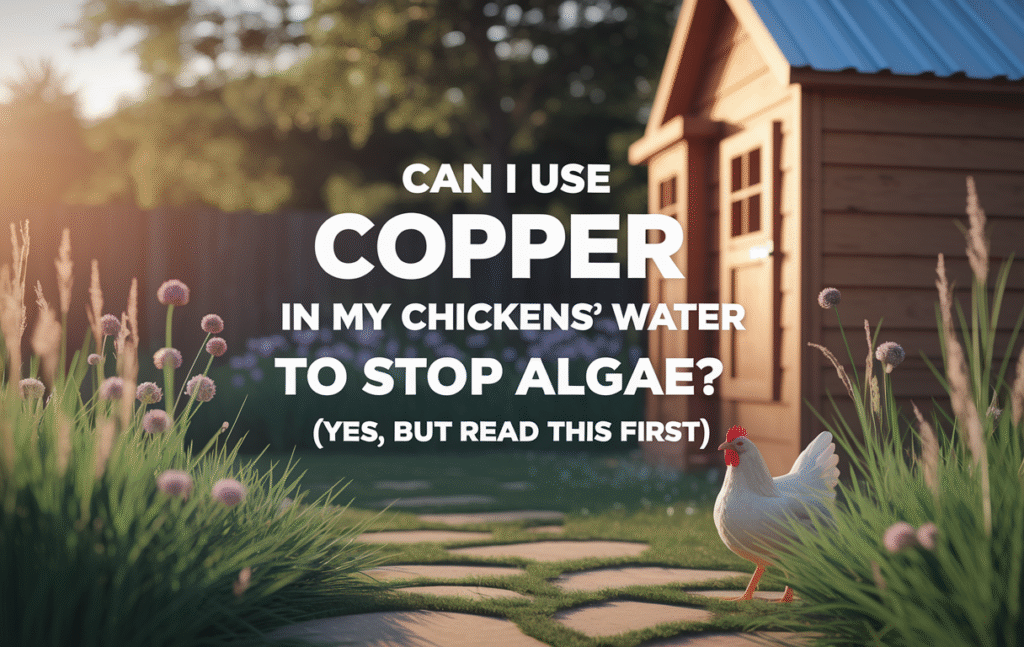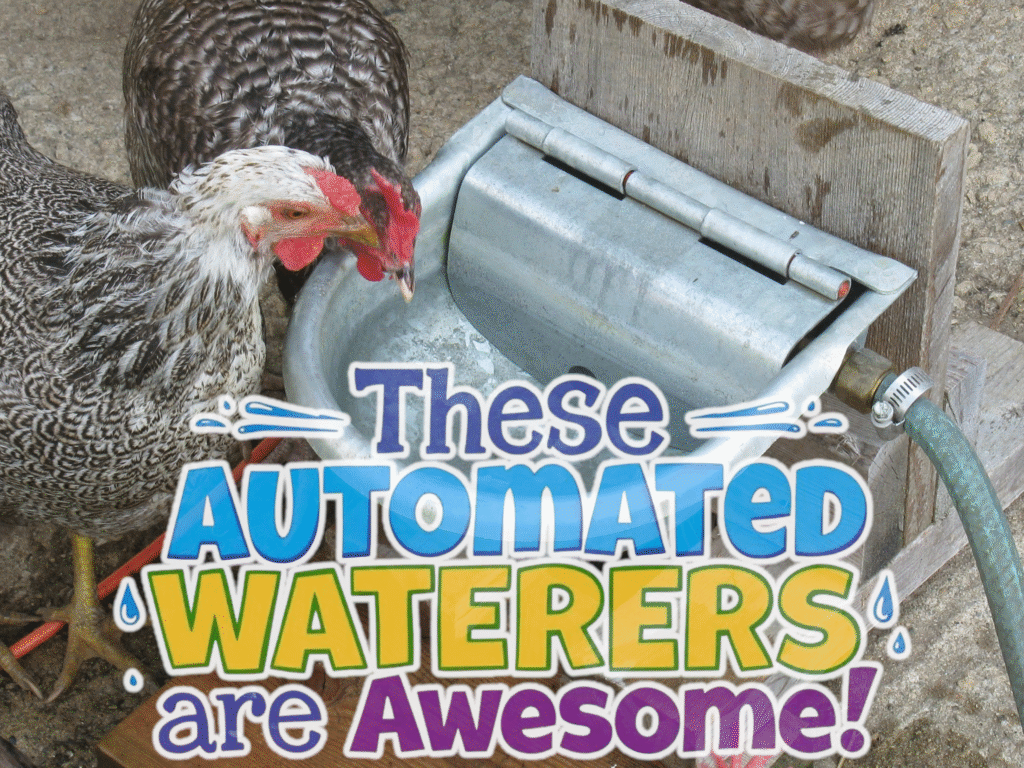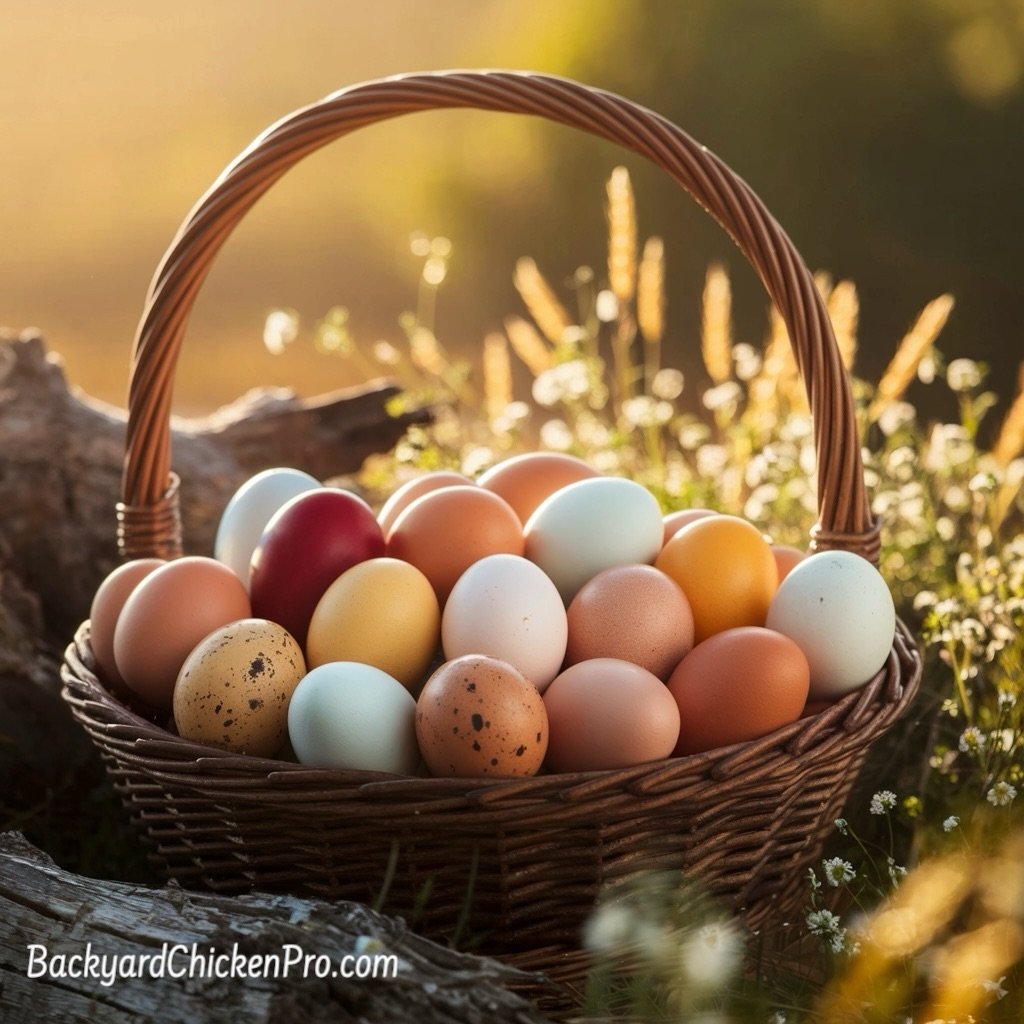
The Real Deal About Backyard Chickens
When we first got into raising chickens, we had no idea how much we didn’t know. From egg freshness tricks to odd chicken behaviors, it’s been one hilarious and eye-opening ride. If you’re new to chicken keeping or just love learning more about your flock, these backyard chicken facts are the kind of stuff you won’t always hear at the feed store.
This isn’t some commercial setup either. We’re a regular small family living with chickens in the backyard—dealing with pecking order drama, surprise eggs in flowerpots, and figuring it out as we go. Here’s what we’ve learned and why it might surprise you.
The Magic of the Bloom on Fresh Eggs
If you’ve only ever eaten store-bought eggs, you probably haven’t heard of the bloom—but it’s one of the most amazing parts of fresh-laid eggs. The bloom (or cuticle) is a natural protective coating that hens put on their eggs as they’re laid. It seals all those tiny pores in the shell—up to 17,000 of them—and acts like nature’s cling wrap to keep bacteria out and moisture in.
This is why unwashed backyard eggs can safely sit out on your counter for weeks, while grocery store eggs head straight for the fridge. Wash that bloom off, and you’ll need to refrigerate them—because their protection is gone.
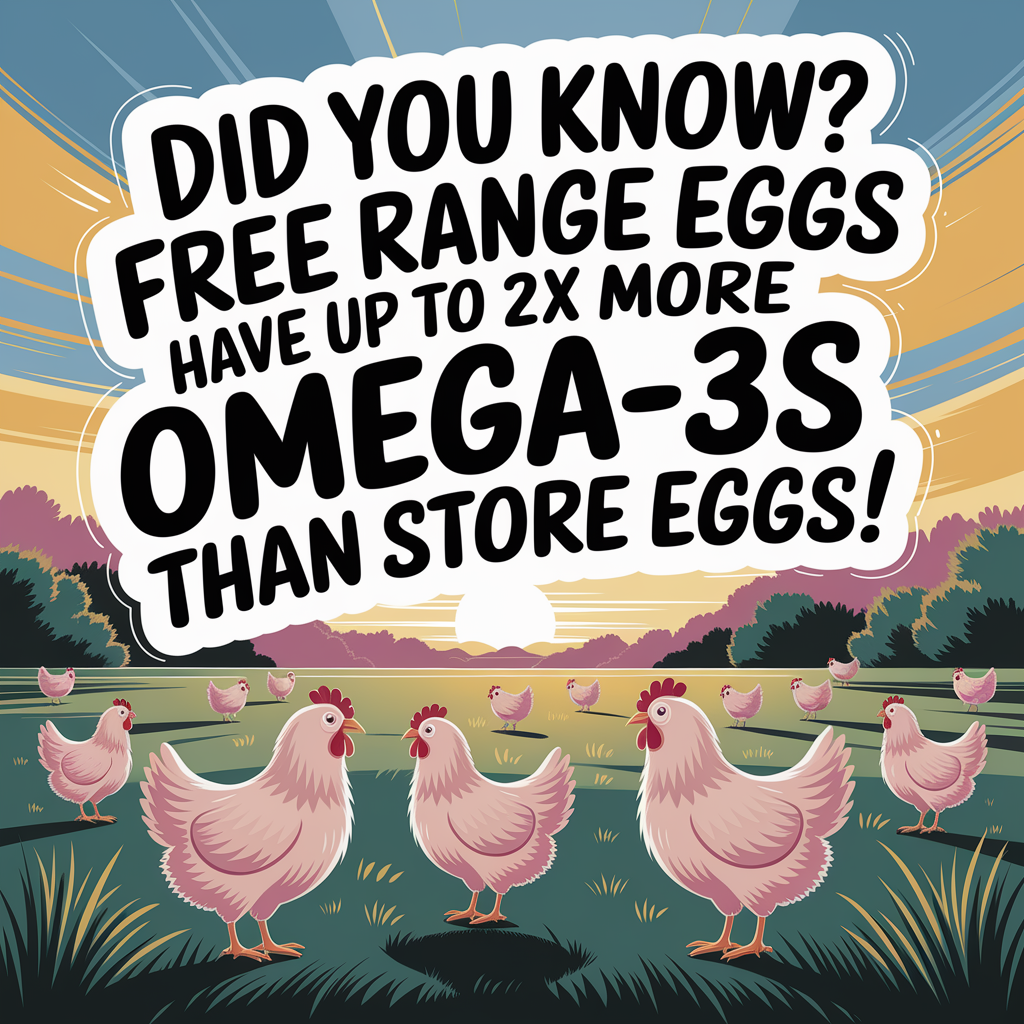
Washed vs. Unwashed Eggs — Know the Difference
This one stirs up debate even among seasoned chicken keepers. But here’s what we’ve learned through experience: unwashed eggs with the bloom still intact can stay good at room temperature for 2 to 3 weeks. That’s a game-changer if you like keeping a rustic egg basket on the counter.
On the other hand, if your eggs come out of the nest box dirty—or you just prefer washing them for peace of mind—go ahead and give them a rinse. Just be sure to dry them completely and put them in the fridge right after. Once washed, those eggs will stay fresh for up to two months.
Why You Should Store Eggs Pointy Side Down
If you’ve ever wondered why egg cartons have that “pointy side down” design—there’s actually a reason beyond just looks. Storing your eggs with the narrow end down helps keep the yolk centered and reduces contact with the air cell inside the shell.
Why does that matter? Because over time, air enters the egg and causes the whites to thin and the yolk to shift. Keeping the pointy end down slows that down and helps eggs stay fresher longer. Simple, but super effective. And yep—we always store our farm eggs that way now.
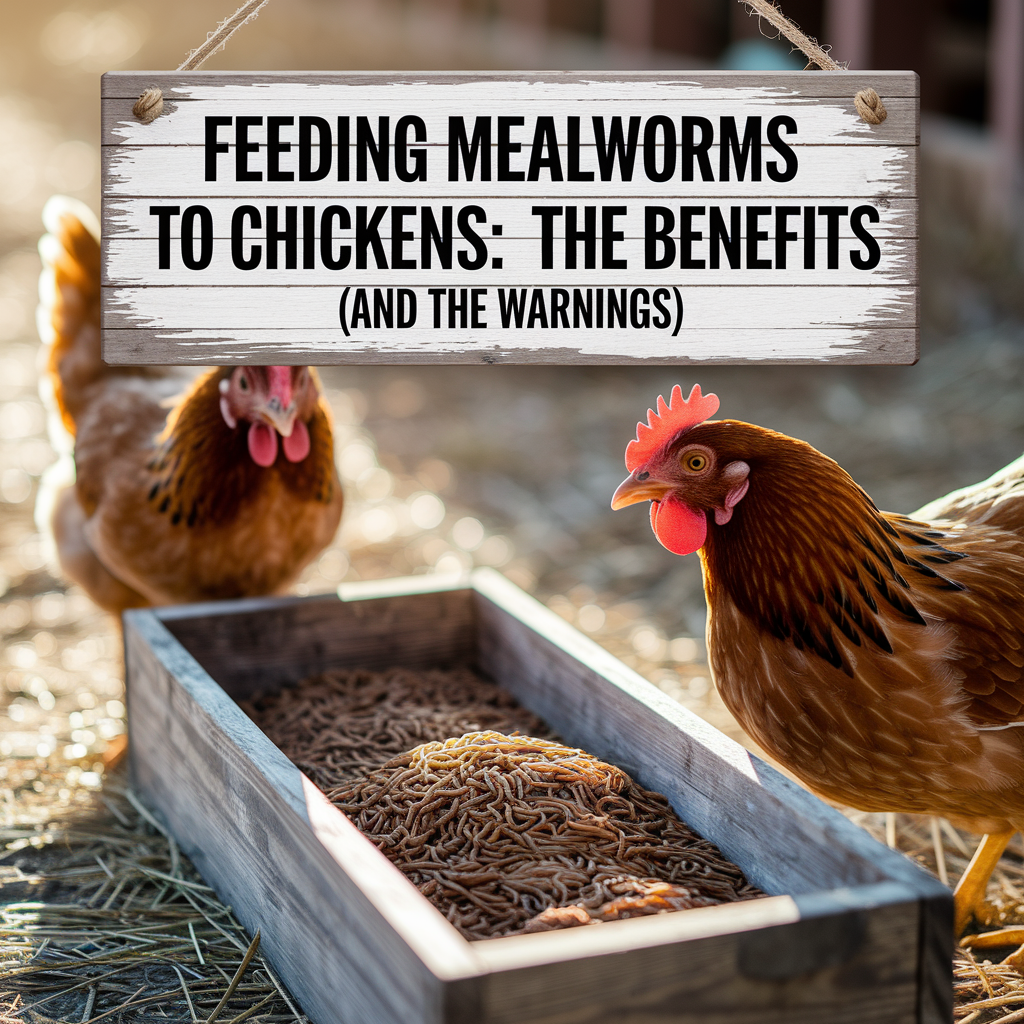
Chickens Are Omnivores (And Not Picky Ones)
One of the funniest and most surprising backyard chicken facts we learned the hard way? Chickens will eat just about anything. These little feathered dinosaurs are full-blown omnivores. While they love cracked corn and kitchen scraps, they’ll also chase down bugs, frogs, mice, snakes—you name it.
We’ve watched one of our hens proudly walk off with a grasshopper while three others chased her like it was the last snack on earth. It’s like the NFL out there in the yard sometimes. But don’t get carried away—there are some things they definitely shouldn’t eat (like raw potato peels, especially green ones). So while they love a buffet, not every item on the menu is safe.
Are Farm Fresh Eggs Really Healthier?
Yep—and here’s the breakdown that made us stop buying eggs from the store for good. Fresh backyard eggs have about:
- 1/3 less cholesterol
- 1/4 less saturated fat
- Twice the omega-3s
- 3x the vitamin E
- More vitamin A
That’s not a made-up stat either—that’s from real studies comparing free-range chicken eggs to commercial ones. You’ll also notice the yolk is darker, almost orange, when it comes straight from your coop. That deep color? It’s thanks to the chickens’ varied diet, time outside in the sun, and access to natural foods.
Chicken Memory Is No Joke
Believe it or not, chickens have better memory than most people give them credit for. They can recognize up to 100 different faces—human or animal—and remember who’s friendly and who’s not. We’ve had chickens that ran up to our kids for treats and others that avoided certain family members like the plague (no offense, Uncle Dave).
They’re not just egg machines with feathers—they’re smart, curious little personalities that learn routines, build pecking orders, and yes… even get bored. Which is why it helps to give them space to explore, scratch around, and do their chicken thing.
Egg Color Depends on the Chicken Breed
This one stumped us when we first started. We thought something was wrong when one hen laid a brown egg, and another laid a light blue one. Turns out, it’s just genetics. The breed of the chicken determines the color of the shell.
Some common combos:
- White Leghorns – White eggs
- Rhode Island Reds & Buff Orpingtons – Brown eggs
- Easter Eggers & Ameraucanas – Blue or green eggs
All eggs are the same inside nutrition-wise—it’s just the shell color that changes. But let’s be honest, a colorful carton of eggs from your own coop looks way cooler than anything from the grocery store.

Chickens Need Dust Baths to Stay Clean
If you’re new to chickens, it might freak you out the first time you see them rolling around in the dirt like they’ve lost their minds. But dust bathing is actually a healthy, natural behavior that helps chickens stay clean. The dirt helps absorb excess oil and suffocates mites and other parasites.
We had to learn this the hard way after one of our first hens rolled in the flower bed and sent our kids running inside yelling, “Mom, she’s hurt!” Nope—just doing her spa day routine. If you’re raising chickens, make sure they’ve got a dry area with fine soil or even wood ash to dust bathe in.
Chicken Yolk Color Means More Than You Think
You can actually tell a lot about a hen’s diet and overall health by looking at the color of the yolk. Bright orange yolks typically come from hens that have access to fresh grass, bugs, and natural sunlight.
We’ve noticed a dramatic difference between the eggs from our free-range hens versus when they’ve been cooped up a few days due to storms. Their diet truly reflects in their eggs—and it’s just another reason why raising chickens at home beats the store-bought stuff every time.
That “Bloom” on the Egg? It’s Nature’s Seal
Right after a hen lays an egg, it’s covered in a natural coating called the bloom (or cuticle). It seals the tiny pores in the shell and helps block bacteria from getting inside. That’s why unwashed eggs can be left out on the counter safely for weeks.
But once you wash the egg, you remove that seal—and it now needs refrigeration. This was a total game changer for us. We used to rush to clean every egg, not knowing we were shortening its shelf life. Now we let them be until we’re ready to use them or store them cold.
Chickens and the Magic of Vitamin D
Most people don’t think of it, but eggs naturally contain vitamin D, especially when hens have been soaking up sunshine. The sun’s rays help chickens produce vitamin D in their own bodies, which then transfers to the egg yolks.
This makes backyard eggs not only richer in color and taste but also in nutrients. It’s one of those hidden health boosts you don’t even realize you’re getting—just by letting your chickens free-range.

Chickens Can Recognize Faces—Even Yours
One of the coolest facts we’ve learned on our little homestead is that chickens can recognize over 100 faces—both human and animal. Yep, they know who’s bringing the treats and who’s chasing them with the hose.
We’ve got one hen who runs straight up to our youngest kid every morning because she knows he drops snacks. Chickens aren’t just “dumb birds”… they’re smarter than most people give them credit for.
Every Hen Is Different (And That’s the Fun Part)
Just like dogs or cats, each chicken has its own personality. Some are sweet and calm, others are noisy and sassy. One might be bold enough to hop on your shoulder, while another won’t let you within ten feet.
That variety keeps things interesting around the coop. And once you start learning their quirks, it’s hard not to get attached. Our flock isn’t just livestock—they’re part of the story we’re building out here.
You Don’t Need a Rooster to Get Eggs
Let’s bust a common myth real quick: hens lay eggs without a rooster. You only need a rooster if you want fertilized eggs that can hatch into chicks.
This confused us early on when we thought we needed a male to get the girls laying. Turns out, the hens are perfectly productive on their own. A rooster just adds drama (and noise), though we still love having one around to protect the flock.
Backyard Eggs vs. Store Eggs—The Truth Is in the Shell
When you crack open a farm-fresh egg, the difference is obvious. Thicker shells, richer yolks, and a depth of flavor you just don’t get from factory-farmed eggs.
We’ve compared them side by side, and even our pickiest eater can tell. Store-bought eggs often sit in storage for weeks before reaching shelves. But backyard chicken eggs? You can gather them in the morning and fry them up by lunch. It doesn’t get fresher than that.
As an Amazon Associate we earn from qualifying purchases through some links in our articles.

